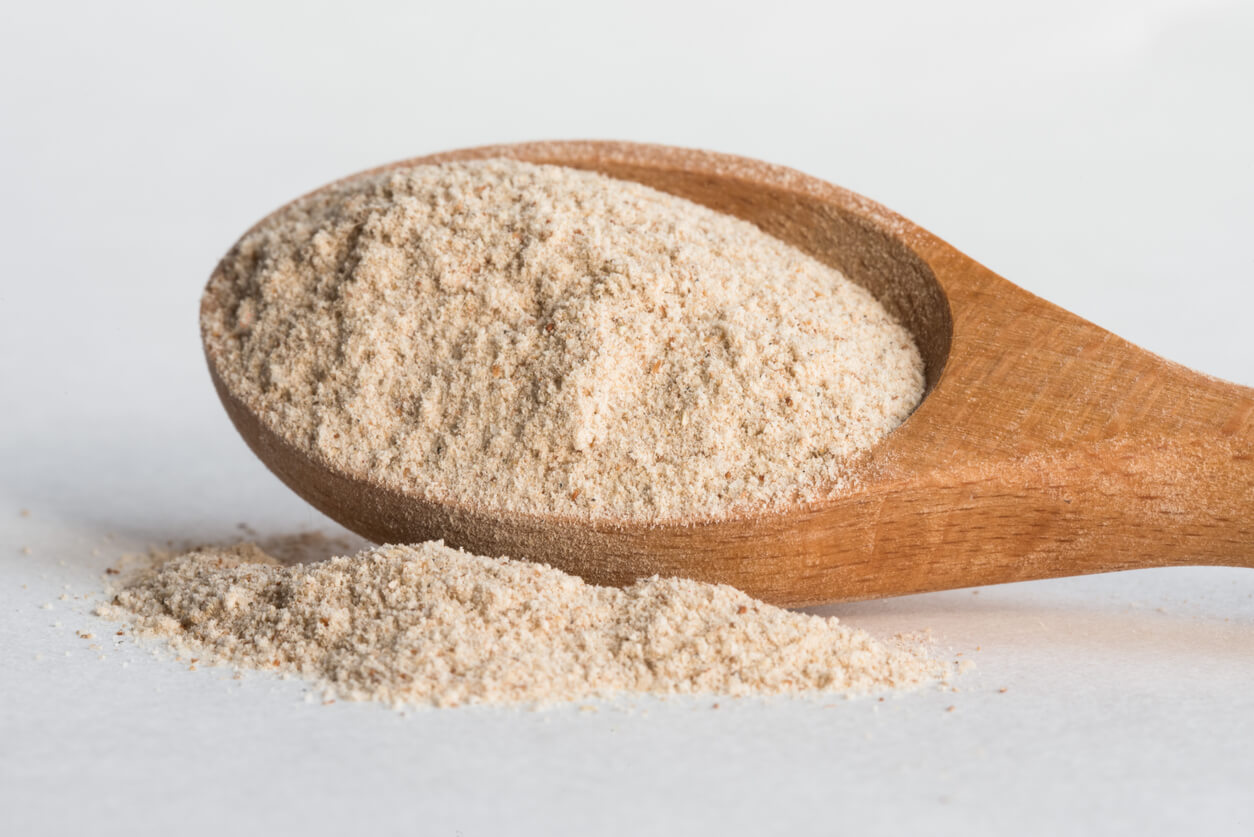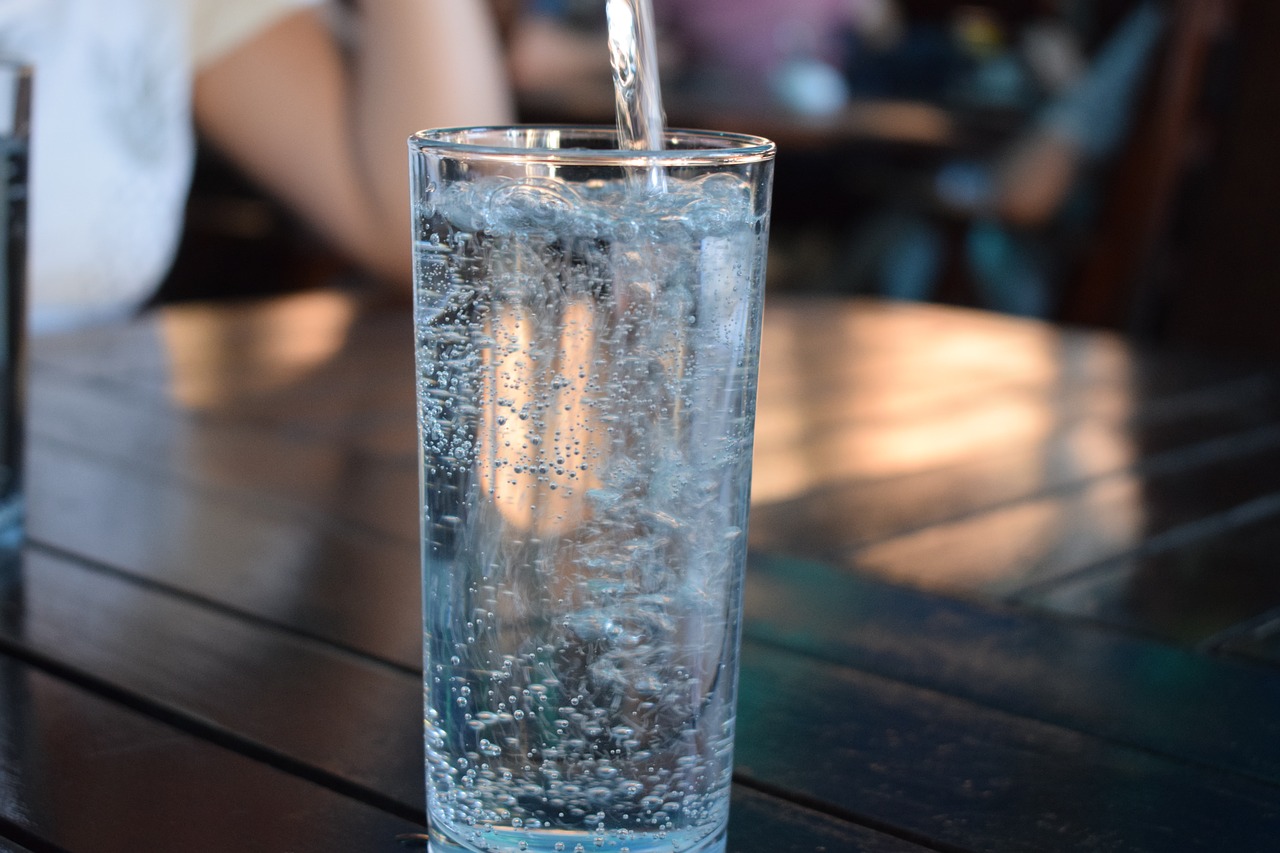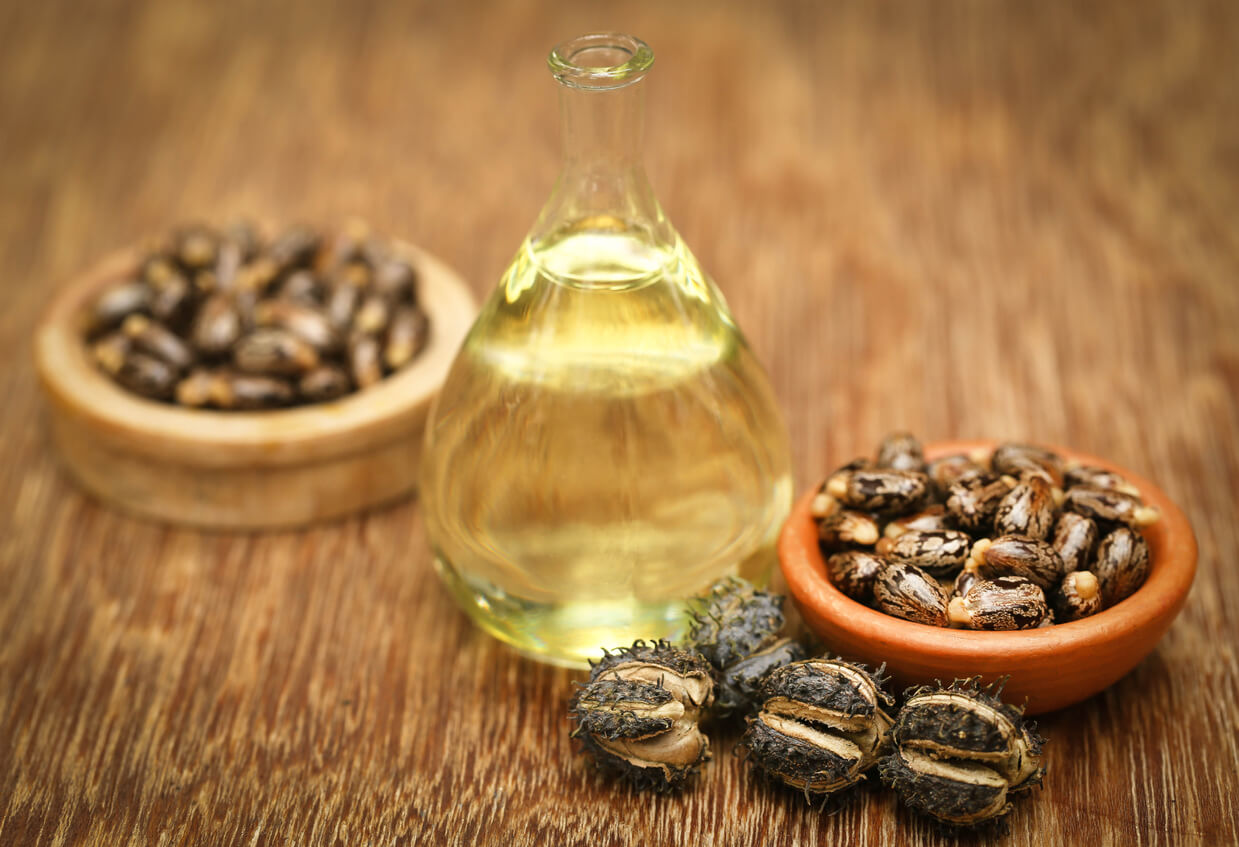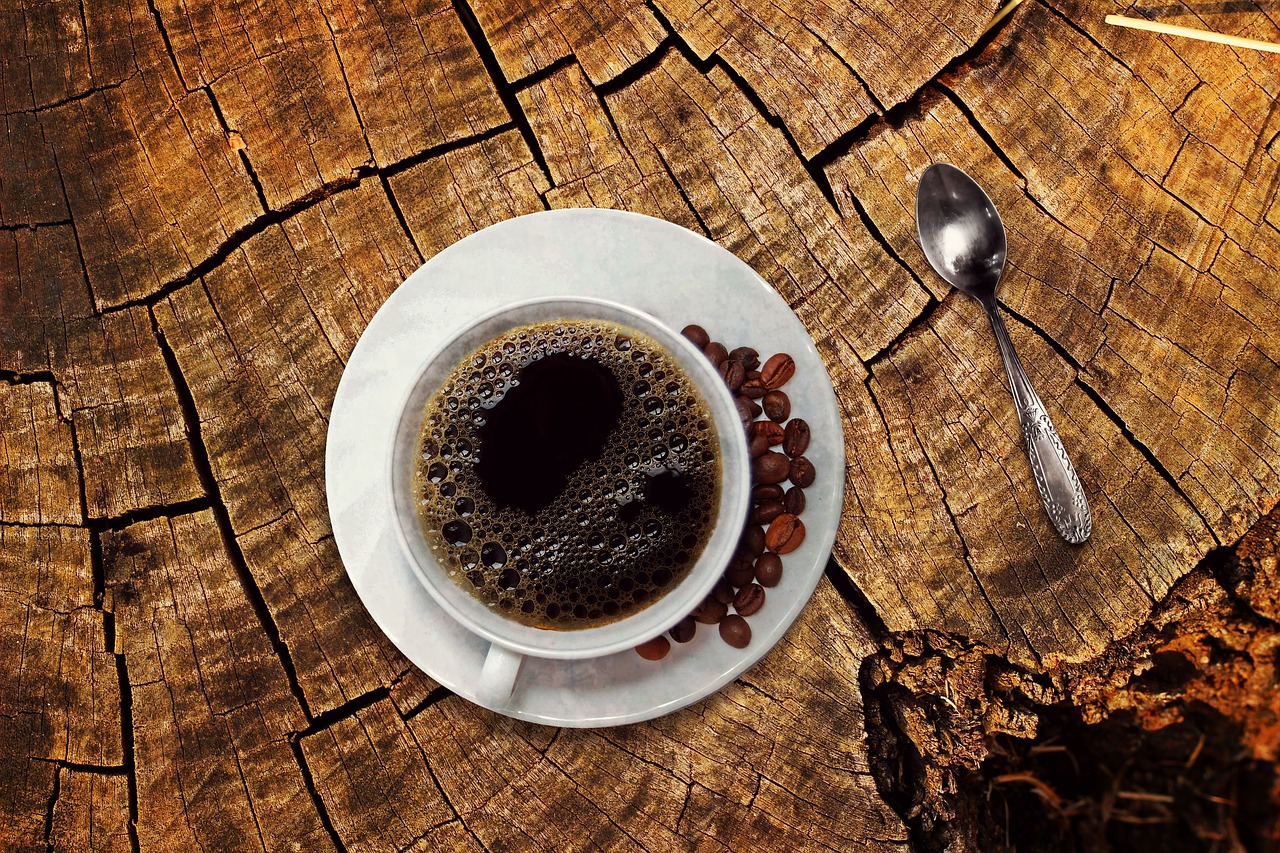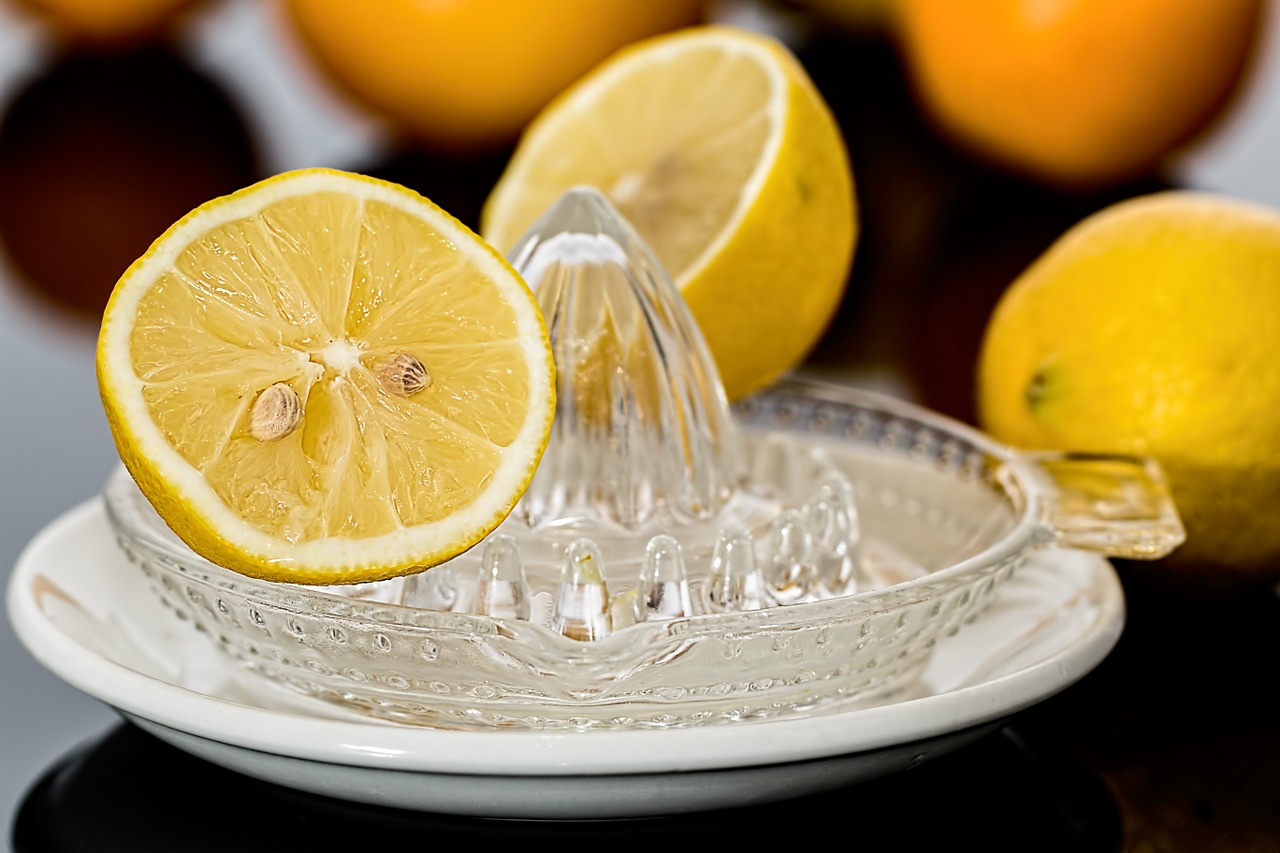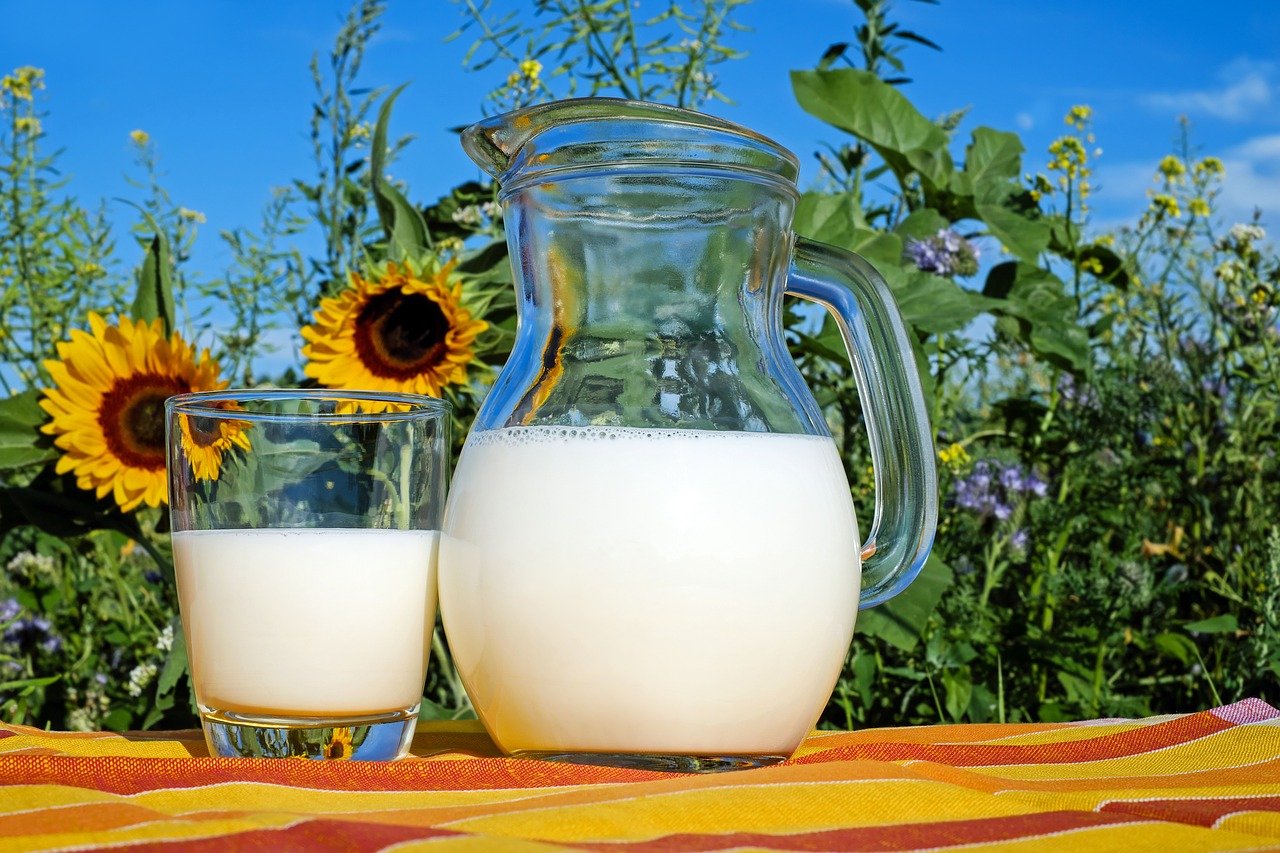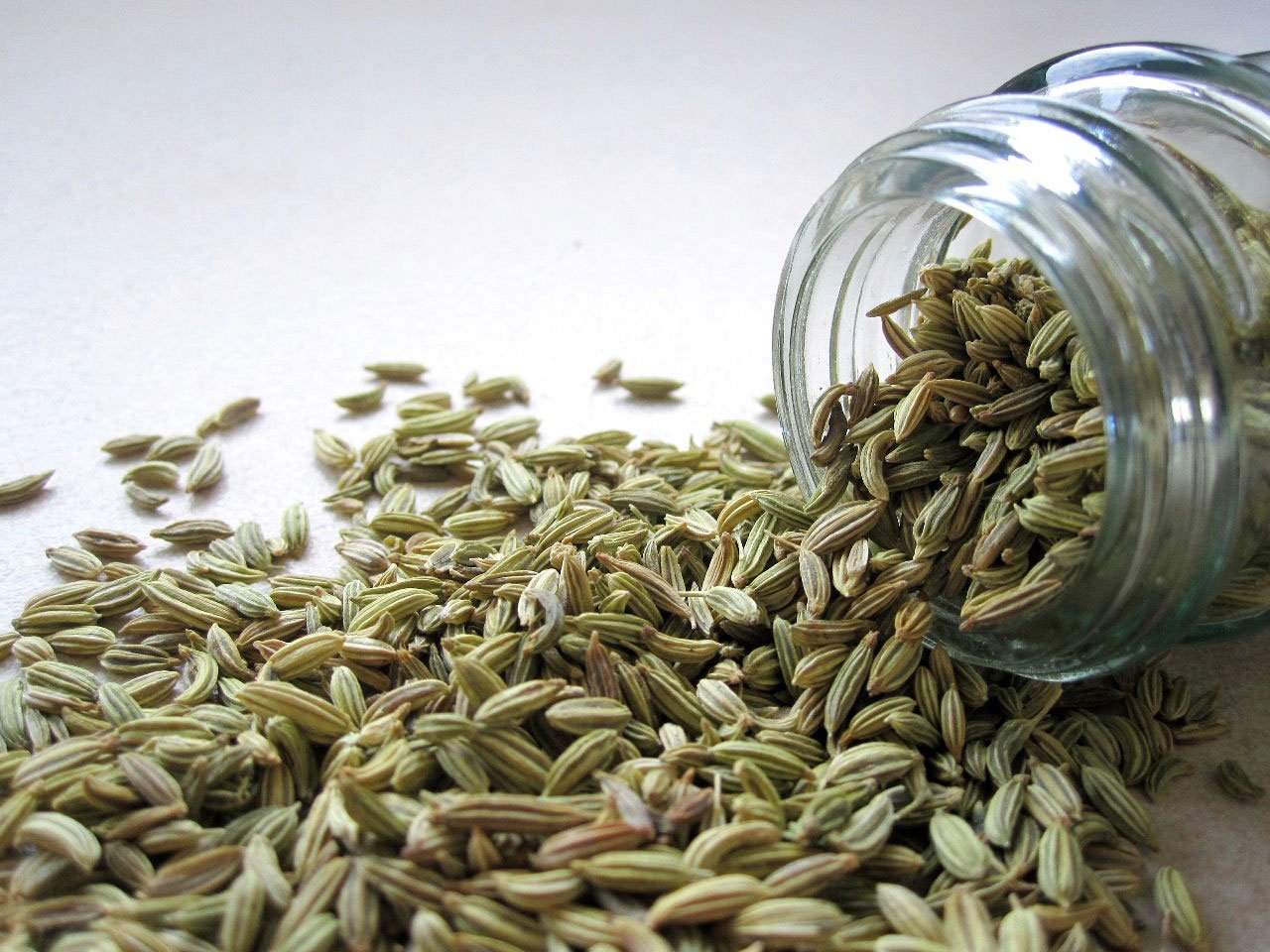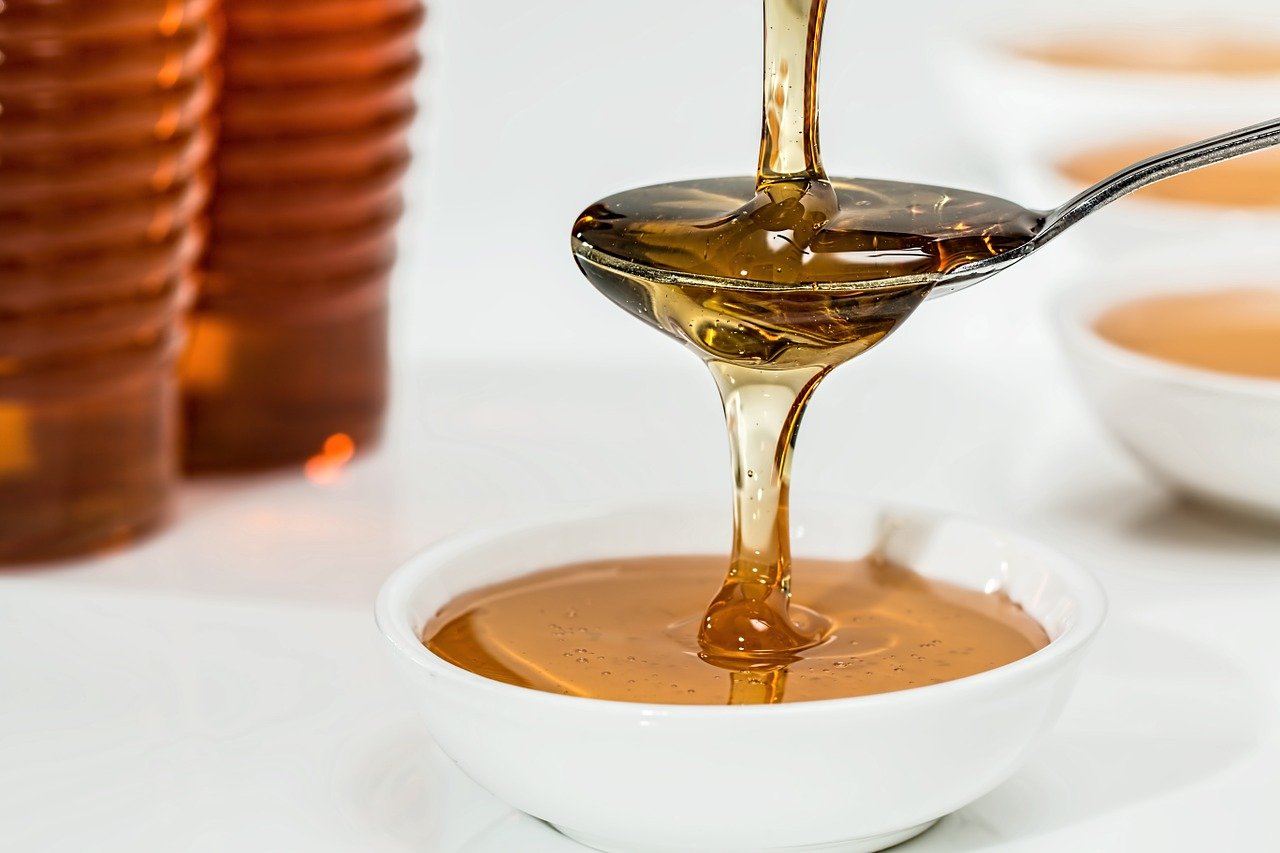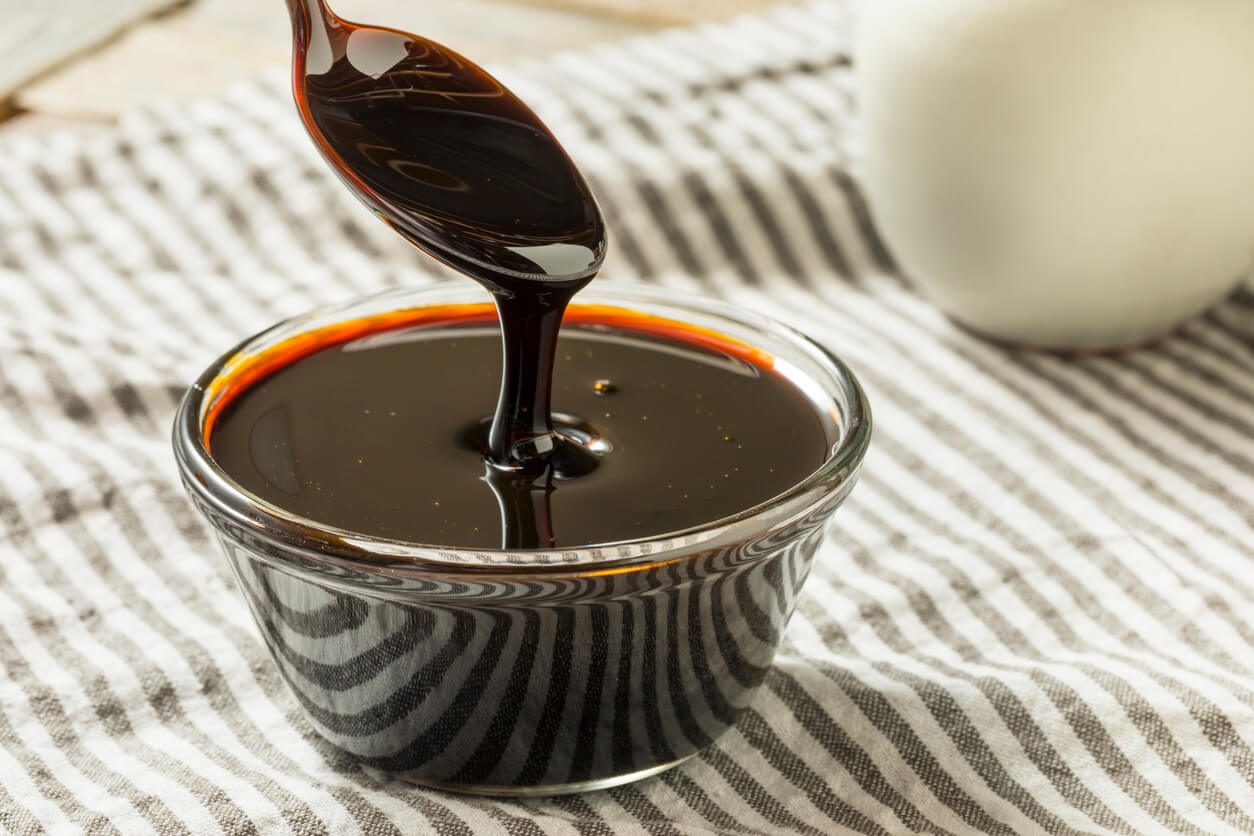
Let us begin with a medical explanation of constipation. Medically, constipation is characterized as having less than three bowel movements per week, while extreme constipation is described as having less than one pass per week. Lower abdominal tightness, a feeling of inadequate expulsion after a bathroom visit, struggling to have a digestive motion, hard or tiny feces, rectal bleed, and/or anal cracks produced by stiff stools is some of the indications of being constipated.
Pelvic floor dysfunction and colonic inertia are two disorders that correlate with constipation. Constipation is a condition in which feces accumulates in the colon, making it difficult to pass stool. Constipation can be triggered by dehydration, tension, inadequate physical activity, or a deficiency of fiber. Sparse bowel movements can potentially be caused by overeating and devouring unhealthy food. Many pharmaceutical drugs have this as a detrimental impact as well. Here are some home remedies that will help you get relief from constipation.
1) Exercise Regularly
Frequent activity can aid in the maintenance of frequent bowel motions. Both active and moderate exercise can help the bowels function better. Sprinting can cause the intestines and colon to jiggle, causing the excrement to shift about. Regularity can be achieved by engaging in athletics, aerobics, or even strolling for five to ten minutes just once-twice per day.
Constipation can be unpleasant, notably if you’re puffy or cramping, and it can make exercise challenging. Trying to stretch and doing yoga can be a particularly calming method to healthy bowel comfort. Yoga, particularly poses that involve rotating the body, can also pressure the intestines, causing the feces to soften in the intestine. Some yoga postures that involve twisting the torso are sitting twist and supine turn. Many additional positions, such as downward-facing dog and upright forward stretch, are also beneficial for bowel motion stimulation.
2) Consume Soluble and Non-fermentable Fiber
Constipation is usually treated by increasing dietary fiber consumption, according to experts. This is because increasing fiber consumption makes bowel movements bulkier and more consistent, making them easier to pass. It also helps them travel through the digestive tract more quickly. In addition, a recent study indicated that higher doses of dietary fiber helped 77 percent of persons with chronic constipation. Dietary fiber helps with bowel irregularity but not with additional constipation complaints such as stool quality, discomfort, inflammation, or gas. This is because distinct forms of dietary fiber have distinct digestive consequences.
Nutritional fibers exist in a range of shapes and sizes, but they can be categorized into two categories: insoluble and soluble fibers. Corn starch, vegetables, and full wheat products all encompass insoluble fibers, which add heaviness to stools and may help them pass through the gastrointestinal tract more quickly and easily.
Oat bran, cereals, almonds, peanuts, legumes, beans, and chickpeas, as well as several berries and greens, contain soluble fibers. They soak water and produce a gel-like substance, softening and improving the texture of the feces. Constipation is best treated with non-fermentable solubility fibers such as psyllium. Increase your intake of high-fiber foods. Adding soluble non-fermentable fiber to the meal, such as psyllium, can indeed aid.
3) Add Probiotics to Your Diet
Constipation can be alleviated with probiotic-assisted digestion. Probiotics aid in the re-establishment of beneficial microorganisms in the gastrointestinal tract. Probiotics, which can be discovered organically in items like sauerkraut and yogurt or consumed as a medication, can help minimize or treat constipation.
Probiotics are helpful microorganisms that dwell in the gut organically. Lactobacillus and Bifidobacteria are among them. Probiotic meals can help individuals boost their concentration. Some persons with chronic constipation have a bacterial overgrowth in their intestines. Increased consumption of probiotic foods may aid in the restoration of this equilibrium and the prevention of discomfort.
According to a new report, consuming probiotics for two weeks can aid with constipation by boosting stool regularity and firmness. By generating short-chain fatty acids, they may also aid in the treatment of constipation. These could help with bowel motions and make it simpler to evacuate feces.
4) Stay Hydrated
Consuming plenty of water can effectively deter and relieve constipation. It can help move food through your digestive tract more easily and reduce stool rigidity. In concept, a woman should drink approximately nine cups of water each day, whereas a man should consume approximately thirteen cups. When you’re constipated or using fiber tablets, you may need to consume more.
If you’re constipated, you might discover that sipping carbonated or sparkling water benefits. This will help them rehydrate and resume their daily tasks. Sparkling water reduces constipation faster than tap water, per multiple studies. People with indigestion or dyspepsia, including those with persistent idiopathic defecation, fall under this category.
Fizzy liquids, such as sweet coke, are not recommended since they might have negative health consequences and exacerbate constipation. Irritable bowel syndrome (IBS) sufferers may notice that sweet drinks aggravate their complaints. Thus they should limit fizzy water and other bubbly beverages.
5) Use Castor Oil
Castor oil, extracted from the castor bean, is a herbal laxative that can be used orally to encourage bowel motion. This primordial oil not only lubricates the intestines but also stimulates them to constrict. Consume one to 2 ounces of castor oil on an unfilled tummy, as instructed. Wait close to eight hours prior to actually attempting a bowel movement.
6) Use Senna
Senna is made from the cassia plant’s stalk, bloom, and seed. It’s been utilized as an organic laxative for countless generations. Senna is a stimulating laxative that aids in the contraction of the digestive canal. Senna, which is commonly used as a drink, can be quite beneficial and it starts working within a few hours after ingestion. Senna is accessible as a pill or powdery supplement that has been authorized by the FDA.
7) Have Coffee
Caffeinated espresso can help you have a better intestinal function. Caffeine can trigger contractions in the intestines’ musculature. This activation may cause the stool to travel closer to the rectum. Caffeinated cappuccino can help you move your bowels, but it can also dehydrate you. If you consume caffeinated liquids, make sure to drink lots of water to avoid aggravating any illness.
8) Take Tea
Heated beverages can help to relieve gastrointestinal and stomach discomfort. Some drinks, such as spice and chamomile, can help settle an unsettled stomach. Following is a checklist of teas that may be beneficial if you are suffering from constipation:
Peppermint: The menthol in spearmint can calm an unsettled tummy and help feces flow via the bowel tract.
Chamomile: Helps to relax the gastrointestinal muscles, allowing the intestines to move on their own amid times of stress and anxiety.
Anti-inflammatory qualities of licorice root can help the digestive tract after just dinner.
Dandelion root: Dandelion root stimulates the liver, which relieves moderate constipation.
Caffeinated tea, whether black or herbal, stimulates the stools in the same way as coffee does.
Ginger: Ginger is a warming spice that promotes digestion by generating heat.
9) Have Coconut Water
Coconut water has purifying and moisturizing properties. It activates the digestive tract and improves renal efficiency. Magnesium is also present organically in coconut water that further aids the movement of feces through the body by the contractions in the gastrointestinal tract.
10) Drink Freshly Squeezed Lemon Juice
Lemon juice can aid in the removal of impurities from the system. Lemon juice can be introduced to water or coffee as a healthy digestive aid to help stimulate bowel movements. The greatest lemon juice is newly extracted.
11) Have Milk and Ghee
While drinking too much milk or dairy products might induce constipation, hot milk can help some people move their bowels more quickly, especially when ghee is added. Ghee is a sort of refined butter that has been utilized as a therapeutic ingredient for ages. Ghee has been employed in Ayurvedic medicine for its medicinal properties since ancient times. To gradually and organically induce a bowel motion the next day, add one to 2 ounces of clarified butter to hot milk the night before.
12) Use Fennel Seeds
Fennel is a herbal laxative with a modest effect. At night, add roasted fennel to hot water and drink. Fennel seeds stimulate the production of gastric acids in the gastrointestinal system, which aids stool passage via the colon.
13) Use Honey
Honey is a typical domestic commodity that is also a moderate laxative and is packed with enzymes that aid the digestive system. Honey can help with constipation when eaten alone or mixed with chai, water, or hot chocolate.
14) Add Molasses to Your Diet
Molasses, particularly blackstrap molasses, can aid with stool softening. Blackstrap molasses is sugar that has been condensed and includes essential nutrients and minerals such as magnesium, which can help with constipation. One spoonful in the evening, straight or mixed with warm water, will help you have a better early stool motion.
15) Have Aloe Vera
Aloe Vera is commonly applied physically to relieve cuts and burns, but it can also be taken orally to relax the gastrointestinal system. To aid with constipation and IBS, consume aloe vera juice straight or mix it with milkshakes or other liquids.
Final Word
Constipation is definitely not a pleasant condition to experience. Therefore, if you want to get rid of constipation, then you should follow our dietary suggestions.
References:
1) Wiley Online Library 2016, Systematic review with meta-analysis: effect of fibre supplementation on chronic idiopathic constipation in adults, accessed 7 August 2021, < https://onlinelibrary.wiley.com/doi/full/10.1111/apt.13662>
2) Wikipedia n.d, Lactobacillus, accessed 7 August 2021, <https://en.wikipedia.org/wiki/Lactobacillus >
3) Healthline 2017, Bifidobacterium Bifidum: Benefits, Side Effects, and More, accessed 8 August 2021, < https://www.healthline.com/health/bifidobacterium-bifidum>
4) Healthline 2019, Everything You Want to Know About IBS, 8 August 2021, < https://www.healthline.com/health/irritable-bowel-syndrome >


